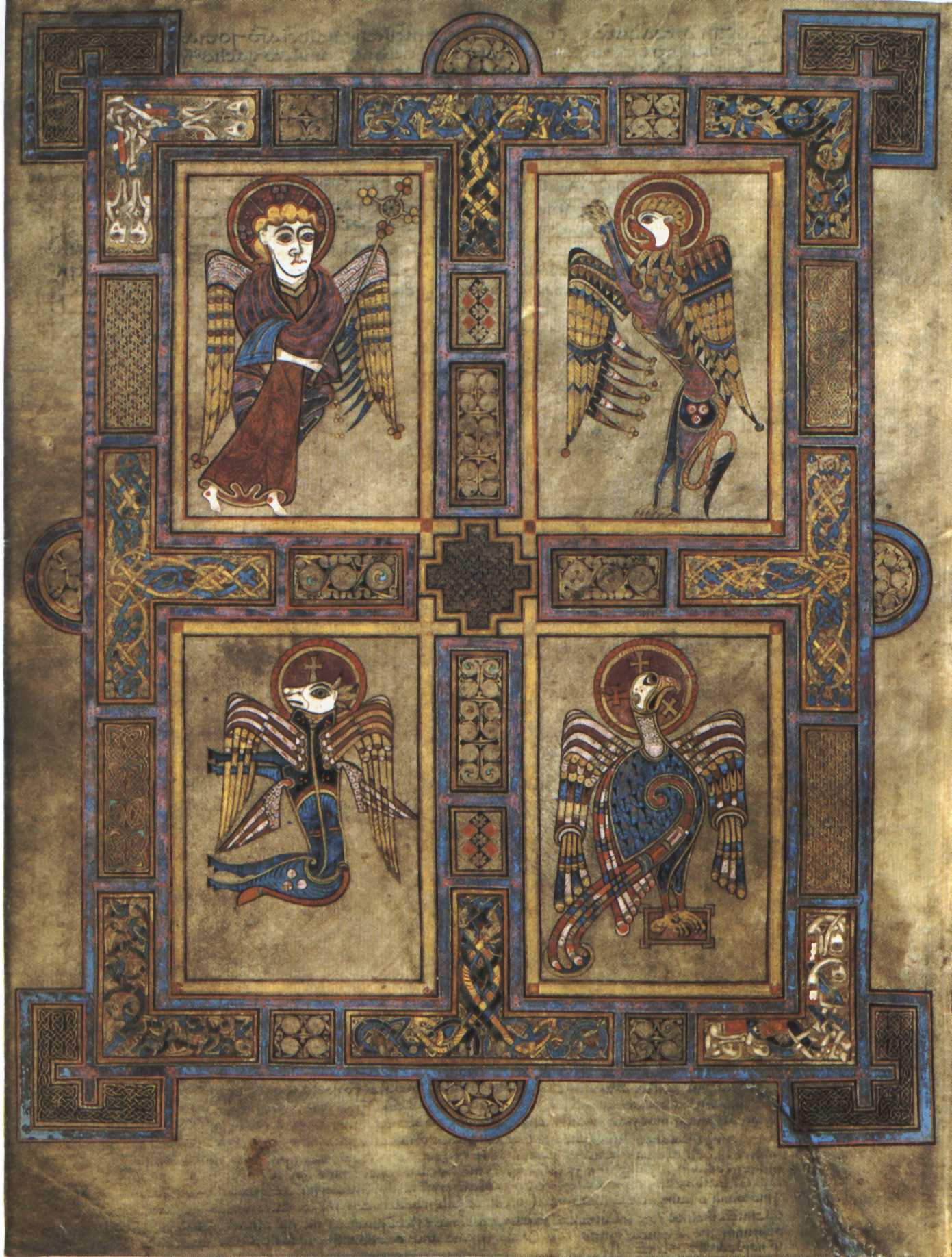
Speaking of the “Dark Ages”, the Orthodox Word tract (Forming the Soul, by Sisters of St. Xenia’s Skete):
“He treasured hierarchy because it was for him a reminder of God. His whole world was an endlessly unfolding, interlocking allegory of the majesty and love of God. He rejoiced in the delight of obedience and walked fearfully in the humility of command, because both were images of profound spiritual realities. He revelled in the color and beauty of the physical world, because they were fore-shadowings of the even greater splendors of the Kingdom of God. He could spend his entire adult life building a cathedral, and never forget the transcience of the the temporal world.
His whole world acted continuously to form his soul in an elevated way. His literature, didactic and moralistic, reminded him of the beauty of virtue and nobility, and the brevity of life, and his poetry sang of his delight in the created world and his awe of God…His society taught him to feel the reality and proximity of the spiritual realm almost more intensely than the physical. His churches, resplendent, delicate, glowing, lifted his soul on traceries of stone, and set his spirit on the heights.
The spiritual impetus of that world carried over for almost a thousand years more. The nourishment provided by a thousand years of Orthodoxy was the spiritual ground in which grew all the best in Western thought and art, and that impetus remained largely intact until the Enlightenment, was eroded greatly during the Romantic Age, and finally crumbled entirely in our own time. The best that was done, was done in this spirit, springs from this world. The community of feeling and intent which marks the best of our writers, artists, musicians, springs from this source. Regardless of social, political, and religious changes, Shakespeare and Dickens, Bach and Mozart, Donne and Hugo share the same world, and it is to this world the Orthodox Christians of today must look for formation of soul. There are lessons we must learn from our own past before we can possibly hope to go on.
We must recover the feelings and sensitivities which were once the common property of all civilized people. Those works of art, of literature, of music, which are pre-modern are of essential value for us. They can teach us, as will nothing we ourselves now produce, what nobility is, what virtue is, what honor and purity are, what sacrifice and loyalty are, what is worthy and what is not. Poetry, music, art, fiction, are not spiritual food, but are rather the milk and bread we need to strengthen ourselves to live on the meat of the spirit.”
The average peasant, who had a finer sense of what is actually real than 90% of our America. Listening to Americans reminds me of those old movies where the mayor comes out to say a “few words” about the community, which invariably ends up being the “best”, “finest”, “happiest”, etc., etc. in all kinds of ways, in the world. And I am an American. Why are we this way? I think I have a few clues…
“He treasured hierarchy…” Who is the ‘he’ to whom this blog refers?